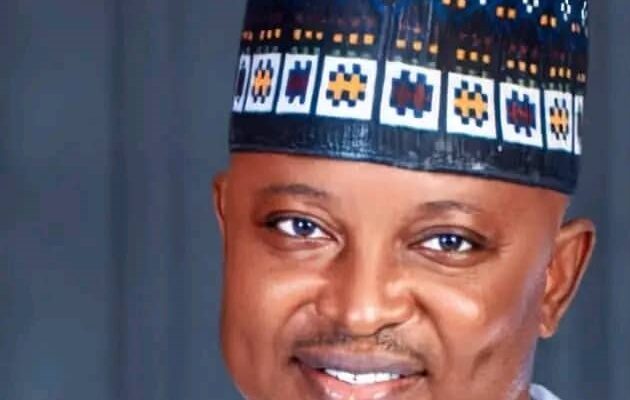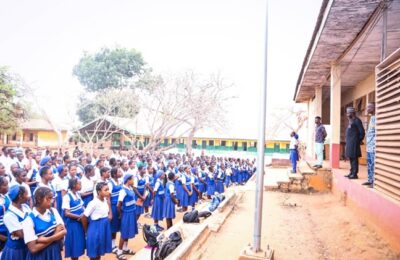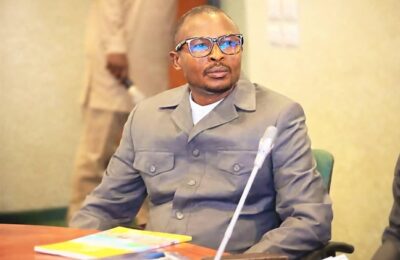“Justice is conscience, not a personal conscience but the conscience of the whole of humanity.”
— Alexander Solzhenitsyn
Let’s not pretend that equity is a complicated matter. Even in a game of musical chairs among toddlers, fairness is observed: everyone takes a turn. But somehow, when it comes to the business of representation in Nigeria’s political space, especially within the hallowed halls of the National Assembly, fairness becomes a matter of political arithmetic, where some LGAs are deemed more “entitled” than others, and some are reduced to mere spectators, clapping for others at every election cycle.
Permit me to ask, without rhetorical frills: How long shall Omala LGA wait at the gates of political representation while Ankpa and Olamaboro take turns feasting inside? Since 1999, we’ve seen this three course meal of democracy served unevenly. Ankpa is to have gorged for 16 years at the end of the incumbent’s tenure, Olamaboro had a decent bite with 8 years, and Omala? A single 4-year starter course, swiftly whisked away before the entrée even arrived. Are we to believe that equity is now rationed like petrol during scarcity?
Let us not be deceived by party lines or political gymnastics. This is not a partisan argument; it is a principled plea. Because when a democracy begins to resemble an exclusive club for the favoured few, we must pause and ask: who gets to decide whose voice counts and whose doesn’t?
Yes, late Hon. Muazu Abimaje (Ankpa) kick-started the Fourth Republic ride in 1999. Hon. Ali Aidoko (Olamaboro) came in with political longevity, stretching his tenure from 2003 to 2011. Omala’s moment came with late Hon. Mohammed Ibrahim Idris—2011 to 2015—one term, a fleeting four year breeze. Then came the Ankpa avalanche again: Hon. Hassan Omale (2015–2019), followed by Hon. Abdullahi Halims (2019 to date). That would be 16 years, all on Ankpa’s plate after the expiration of Hon. Halims’ tenure.
Omala, it seems, was invited to the democratic banquet but told to eat before coming. Yet, every election season, the votes from Omala are wooed, worshipped, and weaponized. The people are good enough to be counted, but not good enough to count?
Let’s be clear: Omala is not lobbying for sympathy. This is not about charity, it’s about constitutional decency, about restoring a balance that has tilted so lopsidedly, even a political naive man would notice. The principle of rotation in representative politics is not just a ceremonial courtesy; it is the bedrock of inclusion. It is the unwritten rule that keeps a fragile federation like ours from fracturing at the seams.
And for the record, Omala is not some political hinterland lacking in credible, competent hands. There are sons and daughters of Omala extraction whose track records can rival, if not surpass, their peers from Ankpa or Olamaboro. What they lack is not merit, but the political patronage that has become the new currency of democratic access.
This is the moment for a constituency-wide introspection. Will we continue to recycle the same zones while preaching unity? Let the record reflect that Omala is not begging, it is demanding what is justly its turn. After all, if democracy is truly government by the people, for the people, then which people, exactly, are we talking about?
And so, to every kingmaker, elder, and political stakeholders with an eye on 2027: look beyond the familiar chessboard. Listen to the quiet but resolute voice of fairness. Because this time, history is watching and Omala is ready.
So, I ask again: Isn’t it time Omala had its turn in 2027? In all humility, I dont think we are demanding for too much.
— Hon. Matthew Ochada (HMO) writes from Abejukolo-Ife in Omala LGA, Kogi State.




